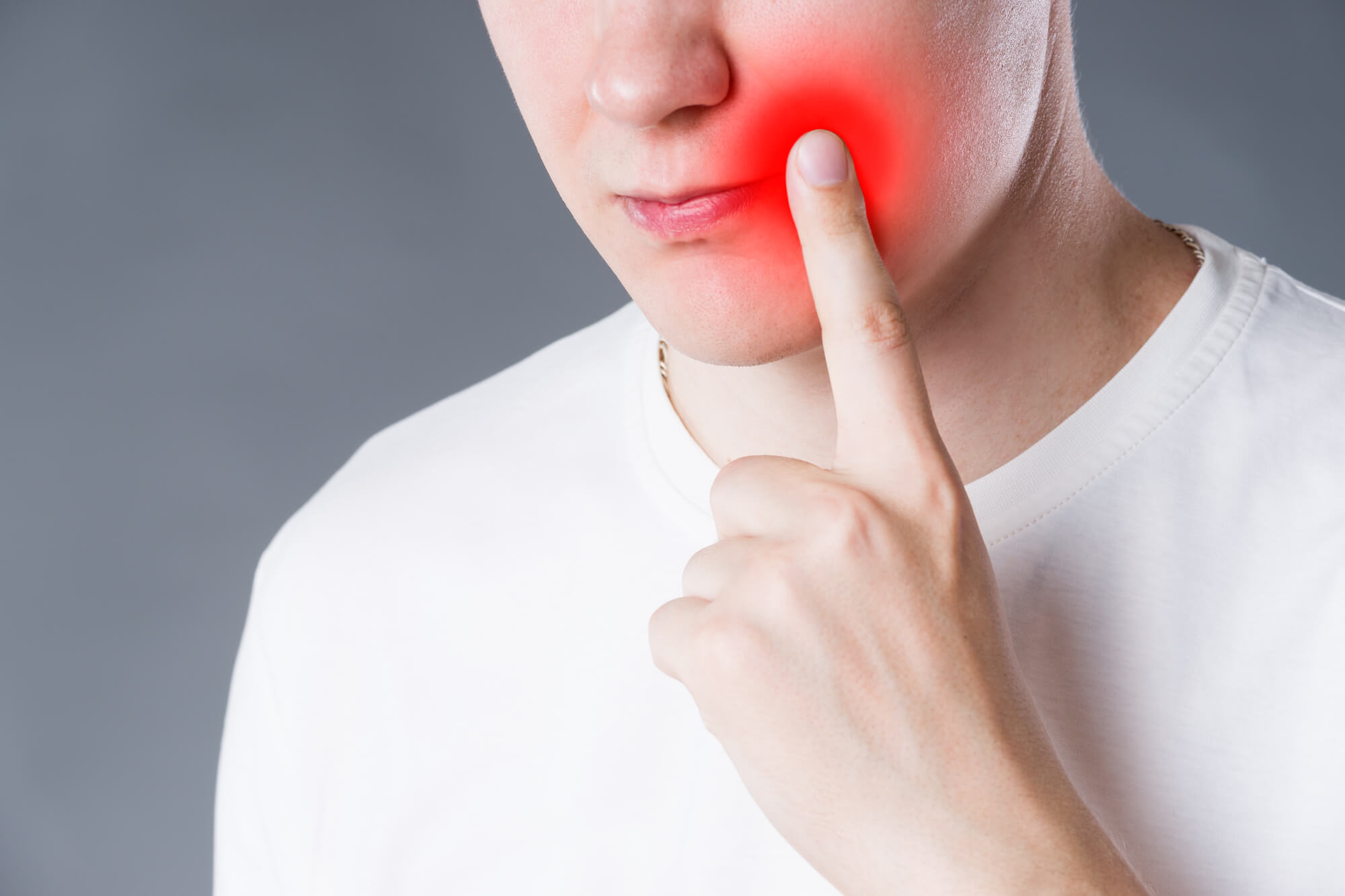Maintaining a regular oral care routine and visiting your dentist in Pembroke Pines twice a year isn’t just about having a bright smile; it’s about keeping your mouth healthy. If you neglect brushing, flossing, and other basic oral care, harmful bacteria can build up, leading to problems like cavities, gum disease, and other common infections that affect both kids and adults.
Some of these infections are temporary and can be avoided with good oral hygiene. But others are more serious and can linger if left untreated. In this guide, we’ll walk you through these common oral infections, explaining their causes, symptoms, and how to prevent them.
Oral infections are health conditions that affect the tissues within your mouth, primarily caused by the presence of harmful microorganisms like bacteria, viruses, or fungi. These microorganisms disrupt the natural balance of the oral environment, leading to a range of issues that can impact your overall well-being.
Key Points:
- Microbial Involvement: The main reason behind oral infections is microorganisms, like bacteria and viruses. They can find their way into your mouth in different ways, like through the food you eat or even the air you breathe.
- Disruption of Balance: Normally, your mouth maintains a delicate balance of microorganisms, with many beneficial bacteria helping to keep harmful ones in check. When this balance is disturbed, it creates an environment where pathogenic microorganisms can flourish.
- Different Signs: Oral infections can come in different forms. Sometimes, you might get mouth sores, feel some discomfort, or notice things like redness and even decay.
- Affecting Overall Health: Even though oral infections start in your mouth, they can affect the rest of your body. If you don’t deal with them properly, they can lead to other health issues.

Most Common Oral Infections
Fungal Infections
Fungal infections in the mouth can be a concern for many. One common example is thrush, a condition that can affect both adults and children. Let’s explore what thrush is, its symptoms, and how to manage it.
Thrush
Thrush, also known as oral candidiasis, is a fungal infection in the mouth. It’s caused by an overgrowth of a yeast called Candida. This overgrowth can be triggered by factors like weakened immunity, certain medications (like antibiotics), or uncontrolled diabetes.
Symptoms
- White patches or lesions in the mouth
- Soreness or discomfort in the mouth.
- Altered taste sensation.
Treatment and Prevention
Thrush is typically treated with antifungal medications. Your healthcare provider or dentist may recommend oral gels or lozenges. It’s important to follow their recommendations for the duration of treatment.
To prevent thrush, maintain good oral hygiene through regular brushing and flossing. If you wear dentures, clean them thoroughly. Additionally, managing underlying medical conditions, especially those that weaken the immune system, can reduce the risk of thrush.
Bacterial Infections
Bacterial infections can impact oral health and require attention to prevent and manage them. Let’s go over common bacterial infections in the mouth and how to address them.
Cavities (Dental Caries)
Cavities, also known as dental caries, are small holes or openings in your teeth. They develop when acids produced by harmful bacteria damage the hard enamel covering your teeth. These bacteria thrive on sugary or starchy foods and can lead to enamel erosion.
Symptoms
- Toothache or tooth sensitivity, especially when eating or drinking something sweet, hot, or cold.
- Visible holes or dark spots on the teeth.
- Pus around a tooth when the cavity becomes infected.
Treatment and Prevention
Treatment often involves removing the decayed part of the tooth and filling the cavity with tooth-colored composites or amalgam. Prevention is key and includes regular brushing, flossing, and limiting sugary food and drink consumption. Check-ups with your dentist in Pembroke Pines are essential to catch and treat cavities early.
Gingivitis and Periodontal Disease
Gingivitis is the initial stage of gum disease, primarily affecting the gums. If left untreated, it can progress to periodontal disease, which involves more severe gum and bone damage.
Symptoms
- Gingivitis: Swollen, red, or bleeding gums, especially when brushing or flossing.
- Periodontal Disease: Symptoms worsen, with pockets forming between teeth and gums, leading to loose teeth and potential tooth loss.
Treatment and Prevention
For gingivitis, treatment involves improved oral hygiene and professional dental care. Periodontal disease may require more advanced treatments like scaling and root planing or even surgery. Prevention involves regular dental check-ups and maintaining good oral hygiene practices, such as brushing, flossing, and avoiding tobacco.
Viral Infections
Viral infections affecting the oral cavity can present unique challenges. Let’s explore common viral infections and provide information on what they are, their symptoms, and how to treat and prevent them.

Oral Herpes or Cold Sore
Oral herpes is a viral infection caused by the herpes simplex virus, primarily transmitted through direct contact with an infected person’s oral secretions.
Symptoms
- Painful sores or blisters around the mouth or on the lips.
- Itching or burning sensation in the affected area.
- Flu-like symptoms, including fever and fatigue.
Treatment and Prevention
Treatment may involve antiviral medications. Prevention includes avoiding close contact with an infected person, not sharing personal items, and managing triggers like stress.
Herpangina
Herpangina is a viral infection primarily caused by the Coxsackie virus, often affecting children. Herpangina is highly contagious and can spread through close personal contact, respiratory secretions, or contact with contaminated objects. It’s a common concern in schools and daycare facilities.
Symptoms
- Small, painful sores in the back of the throat.
- Fever and sore throat may also be present, making it an uncomfortable experience for those affected.
Treatment and Prevention
Herpangina is generally a self-limiting condition, often resolving without specific treatment. Over-the-counter pain relievers may help alleviate discomfort and reduce fever. Practicing good hygiene and frequent handwashing is crucial in preventing its spread.
Other Oral Infections
Among the many oral infections, canker sores and dental abscesses are among the most common and potentially uncomfortable conditions.
Canker Sores
Canker sores, also known as aphthous ulcers, are small, painful lesions that develop inside the mouth, often on the soft tissues, including the inner cheeks, gums, and tongue. Unlike cold sores, canker sores are not caused by a viral infection.
Symptoms
- Small, round, or oval sores with a white or yellow center and a red border.
- Pain or discomfort, particularly when eating, drinking, or speaking.
Treatment and Prevention
Canker sores usually heal on their own within one to two weeks. Over-the-counter topical treatments or rinses can help alleviate discomfort. Avoiding trigger foods or substances, reducing stress, and maintaining good oral hygiene can help prevent recurrent canker sores.
Dental Abscess
A dental abscess is a painful collection of pus that forms within a tooth or the surrounding gums. It typically occurs as a result of a bacterial infection, often due to dental decay or gum disease.
Symptoms
- Severe, throbbing toothache.
- Swelling in the face or jaw.
- Fever and general discomfort.
Dental Emergency Alert
In some cases, a dental abscess can become a dental emergency, especially if it leads to severe swelling, difficulty breathing or swallowing, or spreading infection. Prompt dental care is essential in such situations.
Treatment and Prevention
Treatment for a dental abscess usually involves draining the abscess and addressing the underlying dental issue. This may include a root canal, tooth extraction, or antibiotic therapy. Your dentist in Pembroke Pines will decide what’s best.
Maintaining good oral hygiene through regular brushing and flossing, along with routine dental check-ups, is crucial in preventing dental abscesses.
Complications of Untreated Infections
When oral infections are left unaddressed, they can lead to a range of complications that extend beyond the realm of oral health. It’s essential to recognize that oral health is intricately linked to your overall well-being, and neglecting oral infections can have far-reaching consequences.
- Chronic Pain: Many oral infections cause pain and discomfort, which can become chronic if the underlying issue remains unaddressed. Chronic pain can affect your quality of life and lead to additional health concerns.
- Spreading Infection: Infections can spread to other parts of the body, leading to more severe health issues. Dental abscesses, for example, can lead to severe facial swelling and, in some cases, spread to the bloodstream, causing a systemic infection.
- Systemic Health Risks: Emerging research suggests that untreated oral infections may contribute to systemic conditions like heart disease, diabetes, and respiratory infections. While more research is needed, the potential link between oral and overall health is a critical consideration.

When to See a Dentist in Pembroke Pines
If you suspect or have symptoms such as persistent oral pain, unusual sores, bleeding gums, facial swelling, loose teeth, or heightened sensitivity to hot or cold, it’s crucial to schedule a dental examination without delay. Ignoring these signs can lead to more severe complications and potential risks to your health.
Regular dental check-ups are essential for preventive care, but when these warning signs arise, quick action can make all the difference in preserving your oral health.
At Dental American Group, we prioritize your oral health. Our team of experienced professionals is dedicated to providing the care and support you need for a healthy, vibrant smile. Whether it’s a routine check-up, addressing specific concerns, or emergency dental care, our clinic is prepared to meet your needs. Contact us!

